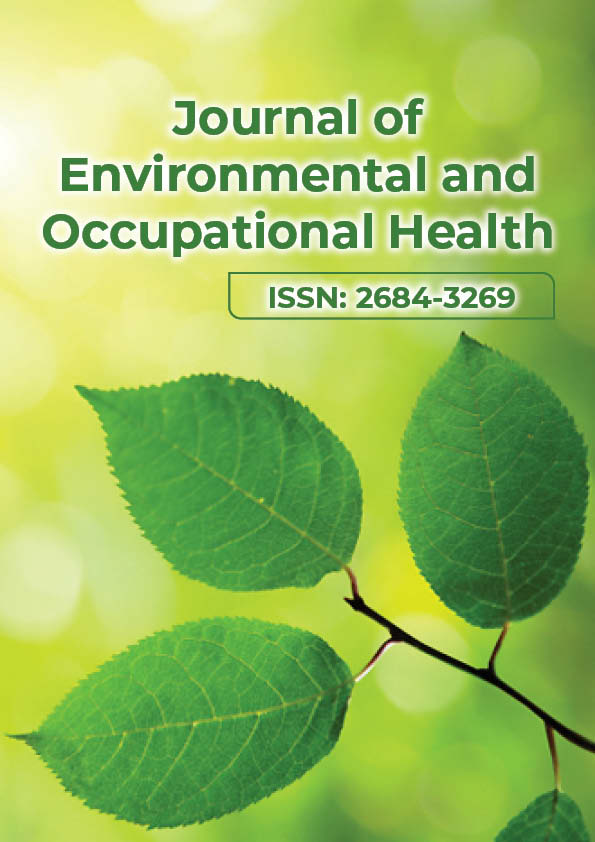Commentary - Journal of Environmental and Occupational Health (2023)
Climate Change Assessment of Geopolitical Influence
Lei Yang*Lei Yang, Department of Healthcare Management, Sanda University, Shanghai, China, Email: yang125@gmail.com
Received: 01-Feb-2023, Manuscript No. JENVOH-23-90975; Editor assigned: 03-Feb-2023, Pre QC No. JENVOH-23-90975 (PQ); Reviewed: 17-Feb-2023, QC No. JENVOH-23-90975; Revised: 24-Feb-2023, Manuscript No. JENVOH-23-90975 (R); Published: 03-Mar-2023
Description
The main objectives of traditional geopolitical conflicts have been the possession or control of vital geographic resources, markets, transportation routes, territory, and sea access. The politicisation of climate change has gotten worse recently. This is even more true in light of the unsatisfactory outcomes of the 2009 Copenhagen Climate Change Conference, which made climate change problems even more of a diplomatic fighting point. Developed nations utilised the threat of climate change as a new geopolitical tool, combining it with a range of trade agreements and technical strategies to further their own economic and political objectives. These states intended to partition blocks of emerging nations internally through technology transfers and economic aid for combating climate change. Future geopolitical debates will be much more challenging as climate change issues have been lifted from traditional geopolitical battlefields. The two main types of research on climate change and climate governance at the moment are science and politics. The scientific component of this Climate Change project is principally led by the Intergovernmental Panel for Climate Change (IPCC). This committee analyses and assesses scientific issues pertaining to climate change. Finding the scientific underpinnings of climate change, comprehending the connection between human activity and climate change, and leading initiatives to impact and adapt to climate change are the main goals of the IPCC’s study. The United Nations Framework Convention on Climate Change’s political talks with member states primarily deals with the political aspect of climate change research The Convention’s goal is to create frameworks and agreements for next international climate change negotiations. Their research focuses on dividing up international carbon emission permits, determining the demands of each body’s stance in climate negotiations, outlining its interests and calling for policy reforms, and analysing the role that climate change plays in the development of geopolitics. These criteria neglected soft power elements like technological prowess, cultural influence, and informational assets in favour of giving high weight to hard power elements like political stability, military dominance, and economic might. Recent years have seen a shift away from these crude assessments of overall country power towards more nuanced assessments of geopolitical influence and in-depth examinations of particular geopolitical influence kinds. Unquestionably, changes in the global geopolitical landscape are being driven by climate change. Governments and country groups still require scientific explanations and responses to a number of aspects of this issue, such as the nature and extent of climate change’s effects on the geopolitical environment. Climate change is a new factor in this dynamic that will significantly affect the geopolitical situation in the world. One strategy to slow the economic growth of developing nations is emission reduction. In particular, it can be used to support restrictions on oil exports and consumption, which will have a large negative economic impact on nations that export petroleum. Leaders in the energy sector will be granted more worldwide speaking opportunities. International trade and financial markets will shift as a result of carbon taxes and carbon trading.
Copyright: © 2023 The Authors. This is an open access article under the terms of the Creative Commons Attribution Non Commercial Share Alike 4.0 (https://creativecommons.org/licenses/by-nc-sa/4.0/). This is an open access article distributed under the terms of the Creative Commons Attribution License, which permits unrestricted use, distribution, and reproduction in any medium, provided the original work is properly cited.





